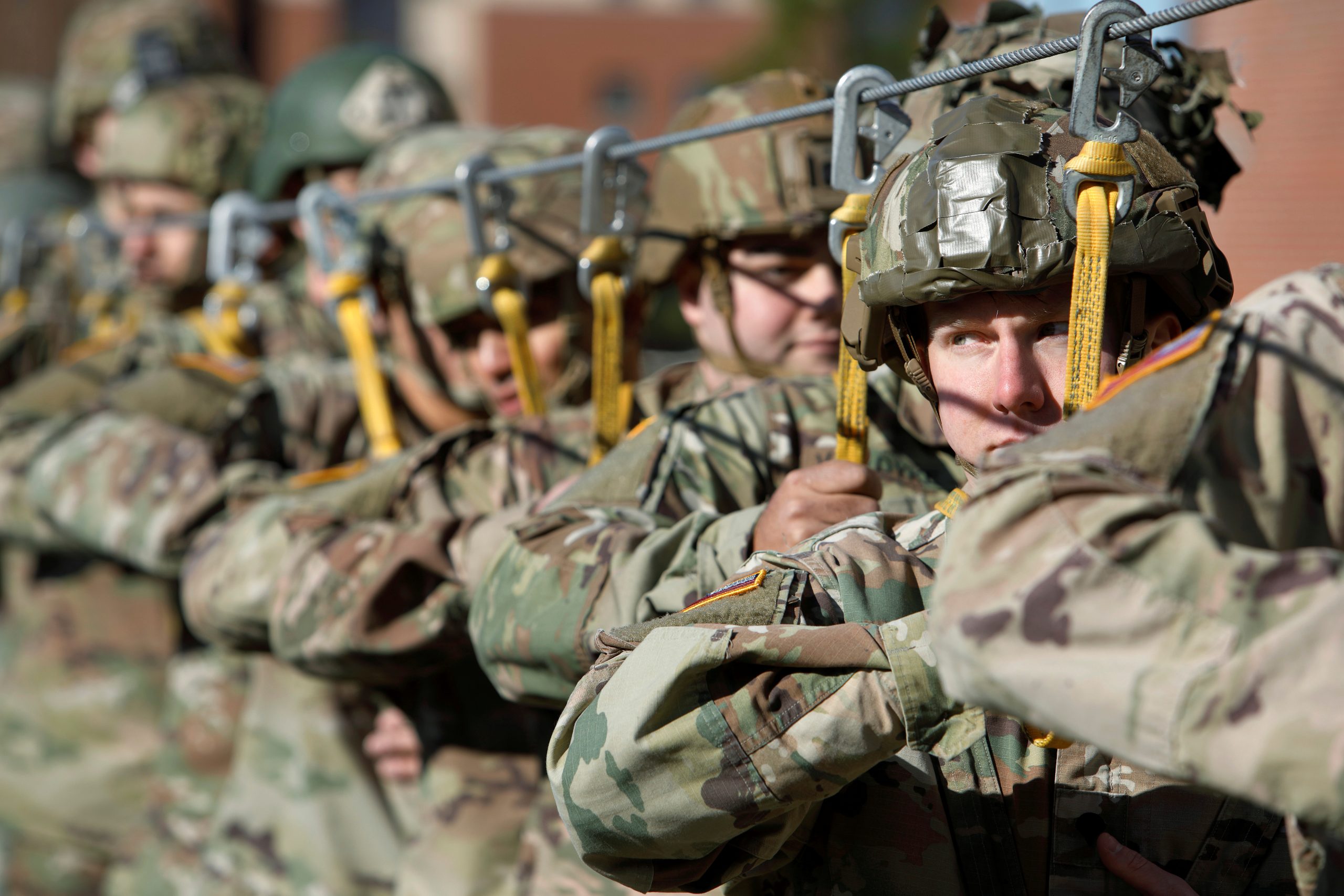Defense Consulting For Captain

In the world of military strategy and combat, the role of a defense consultant is crucial, especially when it comes to guiding and advising leaders like Captain. With the ever-evolving nature of warfare and the increasing complexity of modern battlefields, having expert guidance can make a significant difference in the outcome of military operations. This article delves into the multifaceted world of defense consulting, exploring its significance, the skills required, and its impact on military leadership.
The Art of Defense Consulting: Shaping Military Strategy

Defense consulting is an intricate process that involves providing expert advice and strategic insights to military leaders. It goes beyond mere tactical planning; it is about understanding the broader context of warfare, anticipating challenges, and devising innovative solutions. In an era where conflicts are dynamic and multifaceted, defense consultants play a pivotal role in shaping the course of military operations.
The Expertise Behind Defense Consulting
At the heart of effective defense consulting lies a deep understanding of military doctrine, tactics, and the latest technological advancements. Consultants must possess a wealth of knowledge and experience, often gained through years of service in various military branches and specializations. This expertise allows them to offer tailored advice that considers the unique circumstances of each mission.
For instance, a defense consultant might analyze the terrain of a potential battleground, taking into account its geographical features, weather patterns, and local knowledge. They would then advise on the most suitable tactics, equipment, and deployment strategies, ensuring that the Captain and their team are well-prepared for the challenges ahead.
| Consultant Specialization | Key Expertise |
|---|---|
| Tactical Experts | Specialize in battlefield tactics, focusing on infantry, armor, or air combat strategies. |
| Intelligence Analysts | Provide critical insights based on intelligence data, helping to anticipate enemy moves. |
| Logistics Specialists | Ensure smooth supply chain management and resource allocation during operations. |
| Technological Advisors | Offer expertise on the latest military technologies, such as drones, advanced weaponry, and surveillance systems. |

Navigating Complex Scenarios
Defense consultants are often called upon to assist in highly complex and sensitive situations. Whether it’s planning a rescue mission in a hostile environment or coordinating a large-scale military exercise, their role is to provide clarity and strategic direction. They must be adept at problem-solving, critical thinking, and adapting their advice to the dynamic nature of warfare.
Consider a scenario where a Captain is leading a special forces team on a covert mission. The defense consultant would assess the mission's objectives, the team's capabilities, and the potential risks involved. They would then provide strategic guidance on how to approach the mission, offering insights on the best tactics, equipment, and even psychological strategies to ensure mission success.
Building Trust and Communication
Effective defense consulting is not just about providing strategic advice; it’s also about building a strong rapport and clear lines of communication with military leaders. Consultants must be able to explain complex strategies and concepts in a way that is easily understandable, ensuring that the Captain and their team grasp the rationale behind the advice.
This communication is a two-way street. While consultants offer their expertise, they must also actively listen to the Captain's concerns, challenges, and unique perspectives. By understanding the Captain's leadership style and the dynamics of their team, consultants can tailor their advice to align with the unit's strengths and weaknesses.
Impact on Military Leadership: Captain’s Advantage

The guidance and insights provided by defense consultants can significantly enhance a Captain’s leadership capabilities and the overall success of military operations.
Enhanced Decision-Making
In the heat of battle or during high-stakes military planning, having access to expert advice can be a game-changer. Defense consultants provide Captains with the necessary information and strategic options to make informed decisions. This empowers leaders to navigate complex situations with confidence, knowing that their choices are backed by sound reasoning and a deep understanding of military dynamics.
Adaptability and Innovation
The dynamic nature of warfare often requires military leaders to think on their feet and adapt to changing circumstances. Defense consultants, with their broad knowledge base and experience, can offer fresh perspectives and innovative solutions. They help Captains stay ahead of the curve, anticipating challenges and devising creative strategies to overcome them.
Effective Resource Management
Military operations require careful management of resources, from personnel to equipment and supplies. Defense consultants assist Captains in optimizing resource allocation, ensuring that assets are utilized efficiently and effectively. This can range from recommending the most suitable equipment for a specific mission to advising on personnel deployment strategies to maximize team effectiveness.
Risk Mitigation and Mission Success
One of the primary goals of defense consulting is to mitigate risks and increase the likelihood of mission success. By providing Captains with a comprehensive understanding of potential threats, challenges, and opportunities, consultants help leaders make strategic choices that minimize risks and maximize outcomes. This risk-averse approach is crucial in high-stakes military operations, where the stakes can be incredibly high.
Conclusion: The Value of Expert Guidance
In the complex and ever-changing landscape of modern warfare, the role of defense consultants is invaluable. They provide military leaders like Captain with the expertise, strategic insights, and tailored advice needed to navigate the challenges of the battlefield. By enhancing decision-making, fostering adaptability, and ensuring effective resource management, defense consulting contributes significantly to the success of military operations and the protection of national interests.
What are the key qualifications for a successful defense consultant?
+A successful defense consultant typically possesses a combination of extensive military experience, a deep understanding of military tactics and strategy, and the ability to adapt to diverse scenarios. Additionally, strong analytical skills, excellent communication abilities, and a commitment to continuous learning are essential.
How does defense consulting differ from traditional military planning?
+Defense consulting provides an external and objective perspective, offering specialized advice tailored to the unique circumstances of each mission. It complements traditional military planning by bringing in expertise that may not be readily available within a specific military unit or branch.
What are some of the challenges faced by defense consultants in their work?
+Defense consultants often encounter complex and rapidly changing situations, requiring them to adapt quickly and provide solutions on the fly. Additionally, the need to balance multiple objectives, manage sensitive information, and communicate effectively with military leaders can be challenging.



